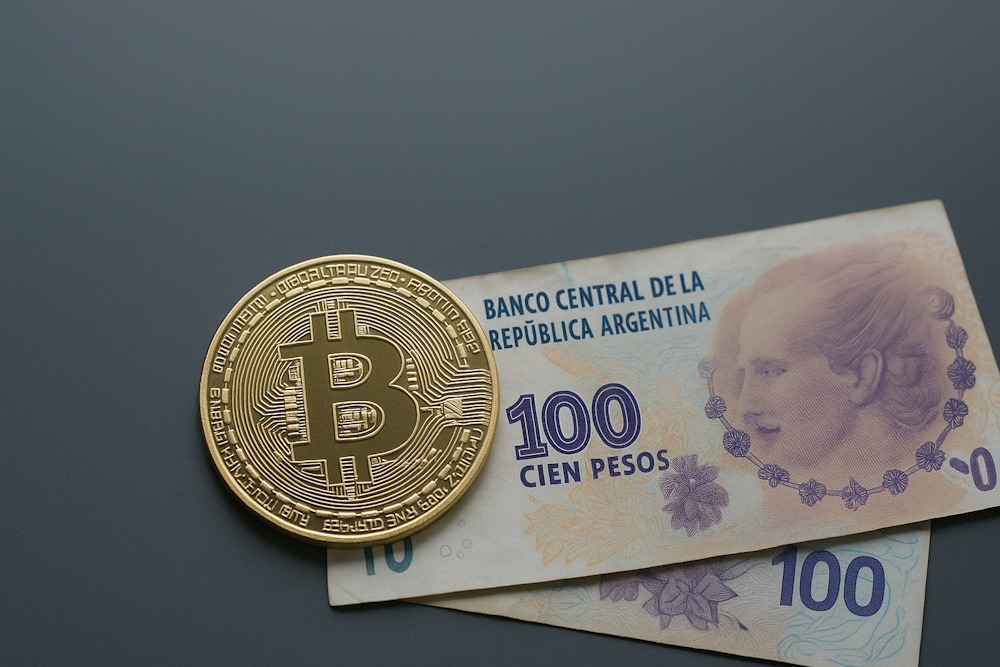Argentina’s currency exchange market is evolving with the rise of digital currencies. As traditional financial systems face challenges, digital solutions offer alternative pathways for currency exchange. This shift could redefine financial transactions in the region.
Argentina has long grappled with complex currency exchange systems, particularly through the Blue Dollar market, an informal mechanism that reflects the nation’s economic fluctuations. In this context, the emergence of digital currencies presents a unique opportunity for economic adaptation. The ability to integrate crypto processing into these systems offers a glimpse into future possibilities for more secure and efficient transactions.
The blue dollar market’s role in Argentina
The Blue Dollar market operates as a parallel exchange rate system in Argentina, allowing citizens to trade pesos for U.S. dollars at unofficial rates. It emerged due to strict government controls on foreign currency exchange, which drove individuals and businesses to seek alternatives outside official channels. This market reflects broader economic instability and inflationary pressures within the country, emphasizing the demand for reliable currency options.
As economic challenges persist, many Argentinians turn to alternative solutions for financial stability. The Blue Dollar market acts as a barometer of economic sentiment, often highlighting public distrust in the official peso exchange rates. Consequently, there is an increasing interest in digital currencies as they promise to bypass traditional barriers and offer more control over personal finances.
The flexibility and decentralization of digital currencies provide a compelling alternative to conventional exchange methods, making them attractive to those engaged in Argentina’s informal markets. These currencies’ potential to streamline transactions and reduce dependency on cash further highlights their growing appeal amidst economic uncertainty.
Digital currencies in currency exchange
Digital currencies are becoming increasingly popular in Argentina, providing a modern means of conducting financial transactions without relying on traditional banking systems. Their decentralized nature allows users to bypass restrictions associated with conventional currency exchanges, offering secure and efficient transaction methods that resonate well with Argentine citizens dealing with the unpredictable nature of their local economy.
The ability to conduct peer-to-peer transactions securely through blockchain technology offers significant advantages over traditional banking methods. Digital currencies facilitate faster transfers and lower transaction fees, appealing features for those using the Blue Dollar market. Furthermore, they provide transparency and security that traditional cash exchanges often lack.
While still relatively new, these technologies are being rapidly adopted due to their potential benefits. As their use expands, understanding how they integrate into existing financial structures remains crucial for businesses and consumers alike. This integration can potentially reshape how individuals engage with Argentina’s volatile currency markets.
Limitations of traditional currency exchanges
Traditional currency exchanges in Argentina face numerous limitations, including high fees, slow processing times, and lack of accessibility for many citizens. These challenges often drive individuals toward informal markets like the Blue Dollar market, which can be unpredictable and insecure. Herein lies an opportunity for digital currencies to address these issues by offering more stable alternatives.
The adoption of digital currencies allows users to circumvent these traditional hurdles by providing faster processing times and reduced costs associated with transactions. Additionally, their accessibility via smartphones or computers makes them an attractive option for those without access to formal banking services. This opens up new avenues for financial inclusion across diverse demographics.
Integrating solutions like btc payment processor could further enhance transaction efficiency by enabling seamless conversion between digital and fiat currencies. Such technological advancements could significantly impact how Argentinians navigate their financial landscape, encouraging broader adoption of digital solutions over conventional methods.

